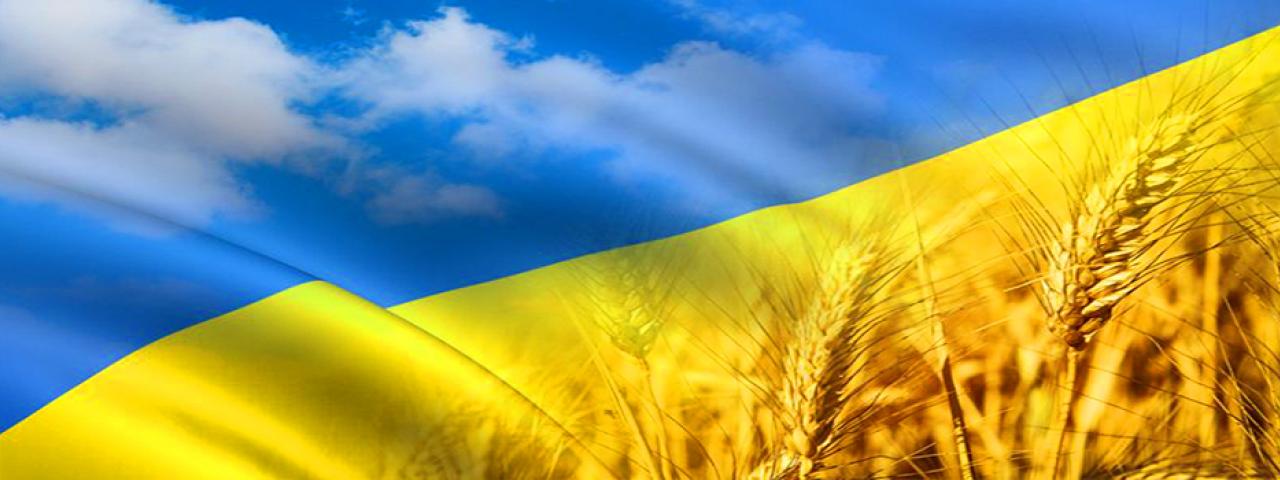Takeaways from the Situation in Ukraine

NYU Shanghai’s Noel Konagai ‘17 did his Dean’s Undergraduate Research Fund (DURF) project on media politics of the Euromaidan Movement in Ukraine (where he also went for fieldwork). Noel published this interview with Nikolas Gvosdev, a professor of National Security Studies at the U.S. Naval War College for the project. Find out more about Noel’s experience and research in the Ukraine from the exchange below.
What made you gravitate towards the conflict in Ukraine?
The conflict in Ukraine in many ways could be considered a proxy both for the EU and Russia. Since at that time, my country was facing on a smaller scale some of the same issues Ukraine was also experiencing, I thought it would also be interesting to look at a scenario where the tensions fueled a revolution.
Can you talk a bit about what your field research entailed?
Two or three weeks before traveling to Ukraine, I created a short list of people whom I wanted to meet. Of course, some people did not respond to cold calls and emails, but others did. I targeted journalists and volunteers involved with Euromaidan. In fact, I met people who provided great insight into some of the undercover aspects of the Euromaidan revolution. For example, my Couchsurfing host used to work at hidden hospitals that served as shelters for the wounded during the revolution. She told me that one could barely trust anyone at that time. She used to take cabs blocks away from the abandoned factory building where the hospital was located to keep the location undercover. Upon entrance, she used the revolutionaries' internal password to testify that she was not part of the Kiev government.
What was especially memorable about your time there?
One thing that stood out to me throughout this trip was how everything - and by that I truly mean everything - had blue and yellow colors, the national colors of the flag of Ukraine. I was walking down the streets and saw construction sites covered up with enormous Ukrainian flags that read in both Russian and Ukrainian "the only country" and "glory to heroes," referring to the war on the Eastern front.
I never felt a war more real than this time. The idea of a united country and the war in Donbass not only manifested itself in the public sphere but also in people's personal lives. My host's six-year-old nephew came over one day, and he started playing with our cat. He pretended to be a Ukrainian soldier chasing the cat, running around the apartment and yelling "separatist!"

What do you hope to take away/build upon from your experiences?
While my summer research was looking at the bigger picture of the way Euronews and Russia Today reported on Euromaidan, I had the chance to meet investigative journalists both from Ukraine and the rest of the world, all drawn in to report about the war in Donbass. At one of the places I stayed, my roommate was a Norwegian investigative journalist. At the time we met, he returned from the Eastern front. He showed me pictures of his bulletproof vest and the card that he was using while reporting about the war in Donbass. I had the opportunity to learn about a career path that many only see for the end product without appreciating the hard work and the will for adventure that goes into it.



 沪公网安备31011502017015号
沪公网安备31011502017015号